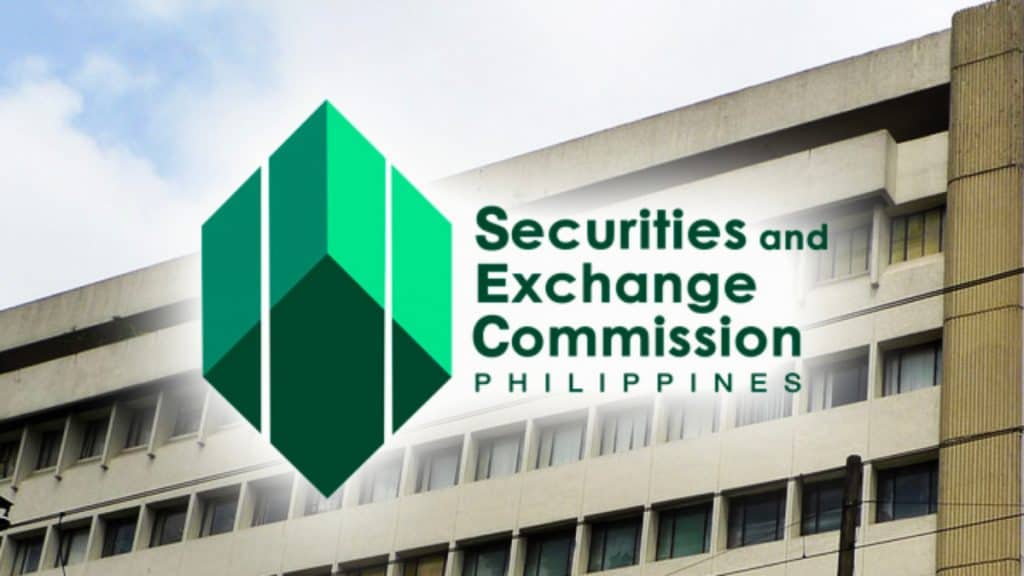In a recent development that has stirred the Philippine cryptocurrency market, Paolo Ong, the head of the SEC’s PhiliFintech Innovation Office, announced a stern stance regarding the retrieval of funds following the country’s blockage of Binance, one of the largest cryptocurrency exchanges globally. This move has left many investors in a quandary over accessing their assets, highlighting the complex interplay between regulation, digital finance, and user autonomy.
Prelude to the Ban
The decision to block Binance access via local internet service providers (ISPs) did not occur overnight. According to Ong, the SEC had provided a generous three-month grace period, coupled with an extension, allowing investors ample time to withdraw their funds from the exchange. This period was intended to facilitate a smooth transition for users to either transfer their assets to local exchanges or personal wallets, thereby minimizing potential disruptions.
Despite these precautions, the reality that some users remained unable to evacuate their funds in time poses a significant dilemma. Ong’s revelation that the SEC is unable to recommend any measures for retrieving funds post-ban underscores the regulatory body’s limited capacity to intervene in certain operational aspects of the digital finance ecosystem.
Implementation and Enforcement Challenges
The National Telecommunications Commission’s (NTC) mandate on March 25 for ISPs to restrict access to Binance underpins the government’s commitment to enforcing this regulation. However, the directive’s execution seems to be facing hurdles, as reports indicate that the Binance website remains accessible to some degree within the country. This situation suggests a lag in the full implementation of the ban, raising questions about enforcement efficacy and the adaptability of digital platforms to circumvent regulatory barriers.
Ong’s comments on the ongoing efforts to solidify the ban reflect the complex nature of regulating a domain as dynamic and borderless as the internet, especially concerning decentralized cryptocurrency platforms.
Binance’s Regulatory Conundrum
Amid these regulatory maneuvers, Binance’s engagement—or lack thereof—with Philippine authorities adds another layer of complexity. Despite public statements from Changpeng Zhao, Binance’s former CEO, expressing intentions to seek official licenses within the country, Ong confirmed that the SEC had not received any formal applications from Binance. This discrepancy highlights the challenges regulators face in bringing international crypto exchanges within local legal frameworks, emphasizing the need for transparent and proactive compliance by these platforms.
The SEC’s actions did not emerge in a vacuum. Prior to the ban, the regulatory body had issued multiple warnings to the public regarding investments through Binance, citing the absence of necessary licenses and authorizations for the exchange to operate within the Philippine jurisdiction. These advisories serve as a testament to the SEC’s commitment to safeguarding investors from potential risks associated with unregulated platforms.
| Date | Event |
|---|---|
| June 8, 2022 | Binance’s intent to seek licenses in the Philippines |
| March 25, 2023 | NTC orders ISPs to block Binance |
| Post-March 25 | Continued accessibility of Binance in some regions |
| Prior to 2022 | SEC issues warnings against investing through Binance |
The Binance ban in the Philippines serves as a critical case study in the evolving relationship between national regulatory bodies and international cryptocurrency platforms. It underscores the challenges of regulating a digital economy that inherently defies geographical boundaries, raising pertinent questions about jurisdiction, enforcement, and the protection of investor interests in a rapidly evolving market.
Looking ahead, this scenario may prompt both regulators and digital finance platforms to explore more collaborative approaches to compliance, aiming to reconcile the innovative potential of cryptocurrencies with the imperatives of financial regulation and consumer protection.
As the situation unfolds, the crypto community, regulatory bodies, and service providers will need to navigate these complexities thoughtfully, balancing innovation with accountability in the ever-expanding digital finance landscape.
Featured image credit: Nik Asti via Metaverse Post

